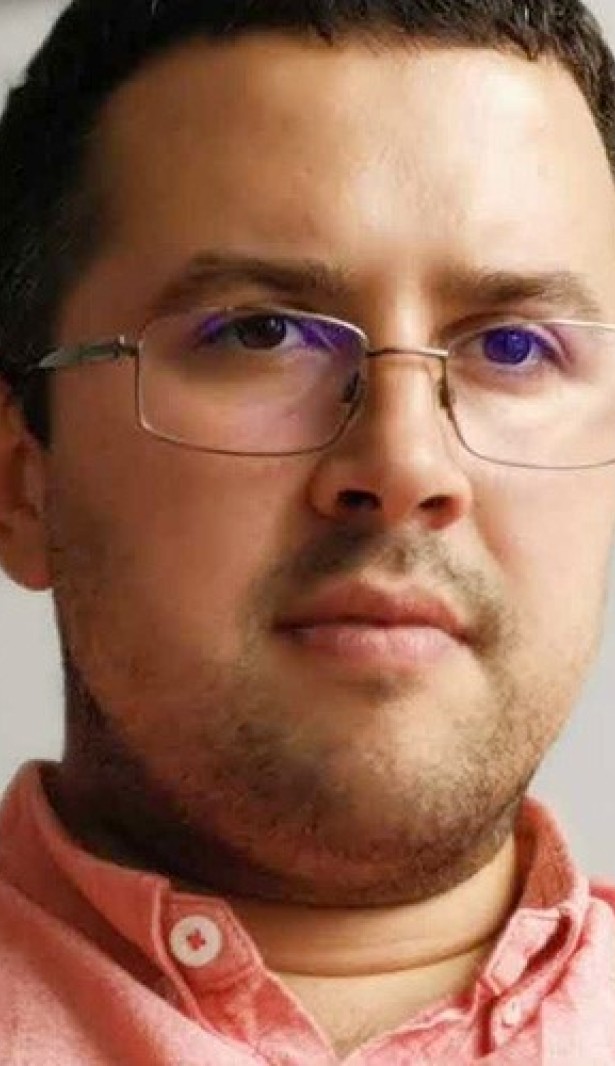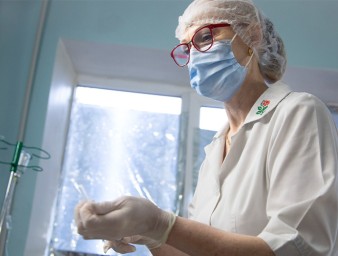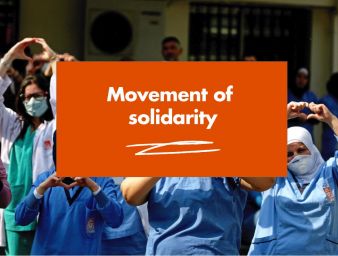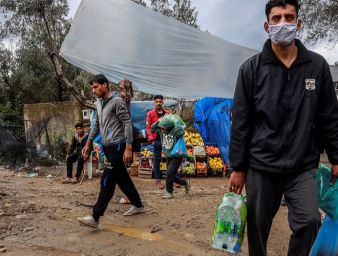Ukraine: Leaving no-one behind in the battle against COVID-19
15 October 2020
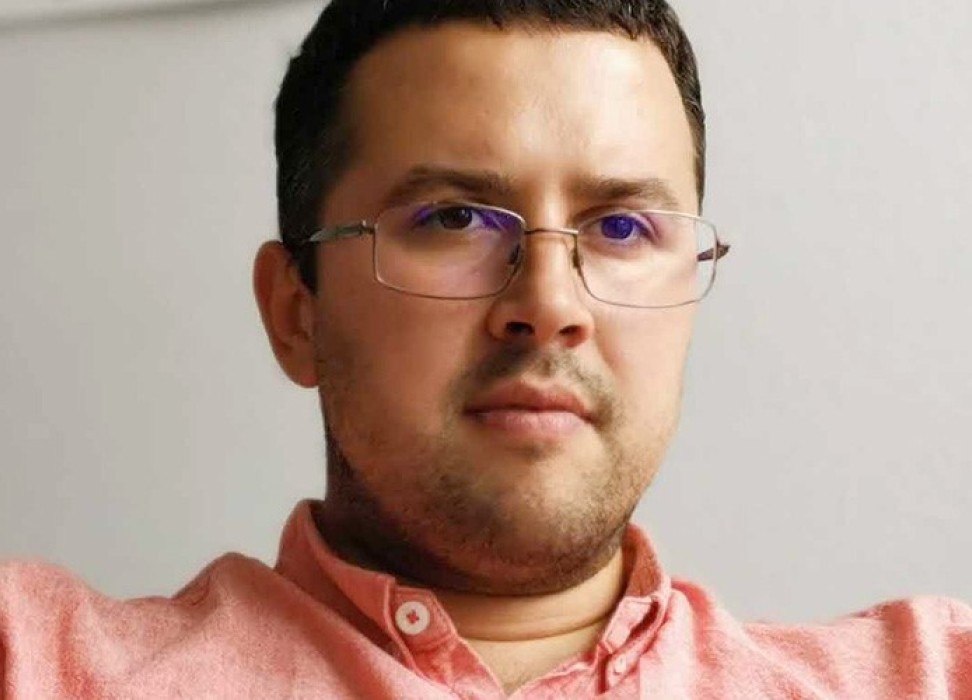
When conducting human rights work, leaving no-one behind is a crucial component of our methodology. In the battle against COVID-19, the rights of those in the most vulnerable situations - including minorities, older people, homeless people and victims of domestic violence – are even more at risk.
In Ukraine, before and amidst the COVID-19 pandemic, the UN Human Rights Monitoring Mission has been working to protect and promote the rights of everyone affected, with a focus on people in the most vulnerable situations.
The country has been hard-hit by the pandemic, with 276,177 cases and 5,229 deaths at the time of writing (source: World Health Organization).
Krassimir Yankov, Head of the Kharkiv field office, explains more.
How has COVID-19 affected your work?
The quarantine restrictions meant we had to rapidly and creatively reorganise the way we do our human rights monitoring. Switching from face-to-face conversations to online meetings has its challenges but it also provides an opportunity to reach more people in a shorter period. We continue to reach out to our regular interlocutors, including the members of civil society in Kharkiv, as well as victims of human rights violations.
Secondly, as we are all working from home, this has created new personal challenges for all of us, such as caring for elderly relatives or working and taking care of our children at the same time. But we are all in this together, and in our families and in our teams, we support each other to the best of our ability.
What is UN Human Rights doing to protect the rights of people during this pandemic?
One of our guiding principles – to leave no-one behind – is the cornerstone of our work in Ukraine. This has not changed with the COVID-19 crisis. We are documenting and analysing the needs of those who are likely to be the most affected by the pandemic, including older people, minorities, persons with disabilities, homeless people, those who are in detention and institutions, and victims of domestic violence. The information that we obtain helps us to make recommendations on how to improve the situation. These recommendations are then shared with the government of Ukraine, our civil society partners, the general public and the UN country team to ensure that human rights concerns are prioritised. We have issued two briefing notes on the impact of COVID-19 and its prevention measures on homeless people and Roma in Ukraine while a briefing note on the impact on people with disabilities is being finalised as we speak.
Can you share an example of successful advocacy by UN Human Rights?
One good example has been with online hearings. The State Judicial Administration adopted regulations to allow hearings to take place online, however, it was only possible for those with digital signatures to participate. Unfortunately, initial COVID-19 quarantine restrictions in spring made it almost impossible to obtain a digital signature and thus deprived many of the right to participate in these court hearings. We addressed the State Judicial Administration and recommended the court system allow for alternative means for people to access online hearings, beyond the use of digital signatures. Following our advocacy letter, the State Judicial Administration agreed to amend its regulations.
What are the main human rights issues at stake in Ukraine in the COVID-19 response?
The human rights issues arising from COVID-19 are affecting the whole of Ukraine, including territory that is not currently under Government control. While the crisis has hit all of us, it also exposes the inequalities in society and hits groups in vulnerable situationsthe hardest.
Access to healthcare, to education, to justice - to name a few - are further limited by the crisis. In the Kharkiv region, where I am working, and throughout the country, women, people in detention and institutions, older persons, homeless people, Roma and persons with disabilities are disproportionately affected by the crisis.
Biggest challenges and lessons learned thus far during the pandemic?
The pandemic has restricted our direct offline access to victims of human rights violations. However, the situation has also once again proved the importance of our monitoring and advocacy for those in the most vulnerable situations. We continue to do direct monitoring in person when possible to conduct our activities. In these cases, we follow all the World Health Organization recommendations like keeping distance, wearing masks, etc. If direct monitoring is not an option, we go online, proving that nothing is impossible! In a way, it has become easier to gather people online. We also talk to victims of human rights violations online.
Why is it important to stand up for human rights during this pandemic?
The COVID-19 pandemic has shown like never before that we are all in this together. It is therefore so important to plan for what comes after the pandemic, by using a human rights-based approach, and leaving no-one behind when adopting decisions that influence our shared future.
15 October 2020
